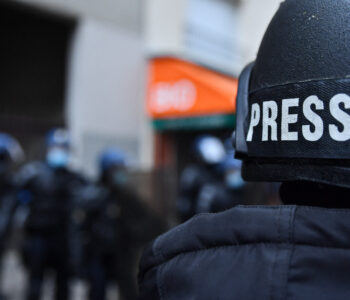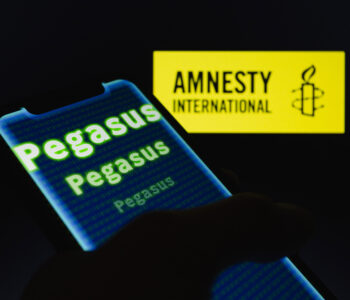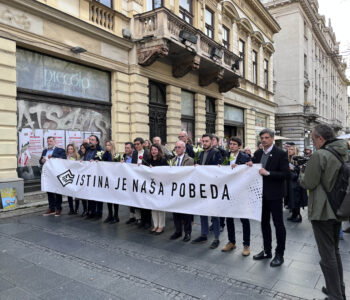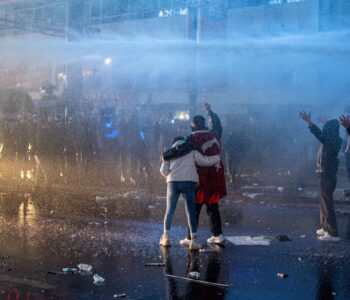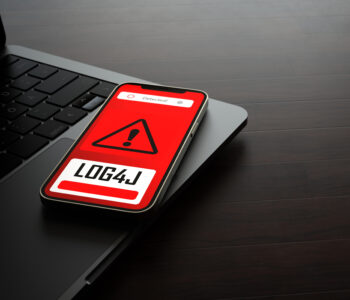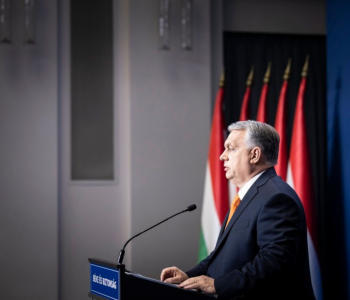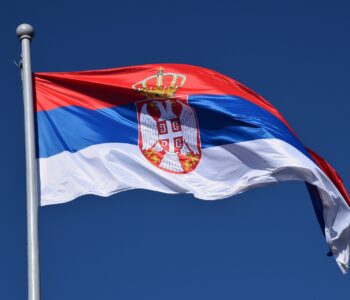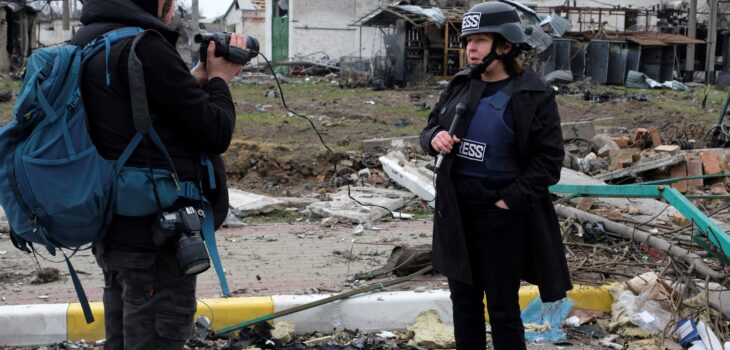
2 years on, Ukrainian journalists still pay a heavy price for the war
February 24 marks two years since the start of Russia’s full-scale invasion of Ukraine. Today, the organizations of the Media Freedom Rapid Response (MFRR) reaffirm our solidarity with Ukrainian journalists and call for their safety to be ensured, full freedom to report, and a renewed effort to provide the necessary financial, technical support to continue their work.
Over the past two years Ukraine’s journalists have demonstrated incredible courage and resilience in covering the horrors of this war for their communities and the outside world, often at great personal sacrifice.
We call for continued international support for Ukrainian media to address the safety threats from Russia’s military as well as the economic crisis wrought by the war.
We repeat our demand for Russia to comply with international humanitarian law and refrain from all attacks on journalists as well as to investigate the numerous cases in which its forces are implicated in such attacks.
To date, at least 11 media workers have been killed in the line of duty while 34 more have suffered injuries covering the invasion.
While the number of direct attacks on journalists covering the war dropped in 2023 as military activity became centered around fixed lines, journalists on the front lines continue to face great risks. At least 12 journalists were injured in 2023 covering the war.
The Ukraine War Press Freedom Tracker kept by the International Press Institute (IPI), an MFRR partner, has recorded 404 instances of attacks on media in Ukraine, the vast majority of which have been perpetrated by Russian forces or Russian occupying authorities.
Ukrainian media outlets also frequently face cyber attacks which prevent them from reporting on the war. While it is impossible to identify the sources of these attacks, Russia is frequently accused of having orchestrated them, with multiple instances recorded in which leading Ukrainian websites were hacked in order to publish pro-Russian content.
Meanwhile, at least 17 journalists who worked in occupied Ukrainian territory remain jailed by Russia as Russian authorities seek to stamp out any dissenting voices in occupied regions.
Standing up to the obvious security challenges, as well as to the tremendous economic pressure facing the media sector of a country at war, Ukrainian journalists continue not only to shed light on the war crimes committed by invading Russian forces, but also to hold their own government accountable.
Internal issues multiply in parallel to the war
While Russian authorities are is responsible for the majority of safety threats facing Ukrainian journalists, MFRR monitoring also shows that Ukrainian journalists increasingly face obstacles created by domestic actors as they continue their watchdog work at home.
In 2023, MFRR recorded 31 incidents in which Ukrainian authorities refused to provide information or otherwise hindered the work of journalists, in most cases using the war as an excuse.
Journalists are also being increasingly harassed and intimidated by other actors for their ‘lack of patriotism’. The leading investigative reporter, Yuri Nikolov, was recently harassed at his home by unknown persons, who then posted a video of their visit, accusing Nikolov of evading military service.
Meanwhile, persons linked to the Security Service of Ukraine (SBU) tried to discredit journalists at the investigative outlet Bihus.info after conducting systematic surveillance against them. In a powerful demonstration of solidarity, Ukraine’s journalists rallied around their colleagues forcing the eventual dismissal of the senior civil servant allegedly responsible for the surveillance.
The struggle continues, in Ukraine and abroad
Despite these successes, Ukrainian media remain in a dire position. The country’s advertising market has dropped by two-thirds since the start of Russia’s full-scale invasion, which has led to a tremendous loss of revenue.
Until stable business models again become viable, MFRR partners call on the international community and European stakeholders in particular to renew and expand its commitment to long term financial support for Ukrainian’s media.
Without ongoing support, Ukraine’s media may cease to be able to continue to inform the world about the state of the war and the sacrifices made by so many journalists will have been in vain.
This statement was coordinated by the Media Freedom Rapid Response (MFRR), a Europe-wide mechanism which tracks, monitors and responds to violations of press and media freedom in EU Member States and candidate countries.

